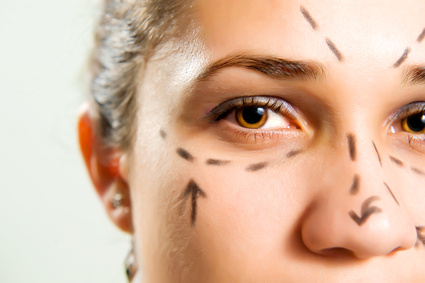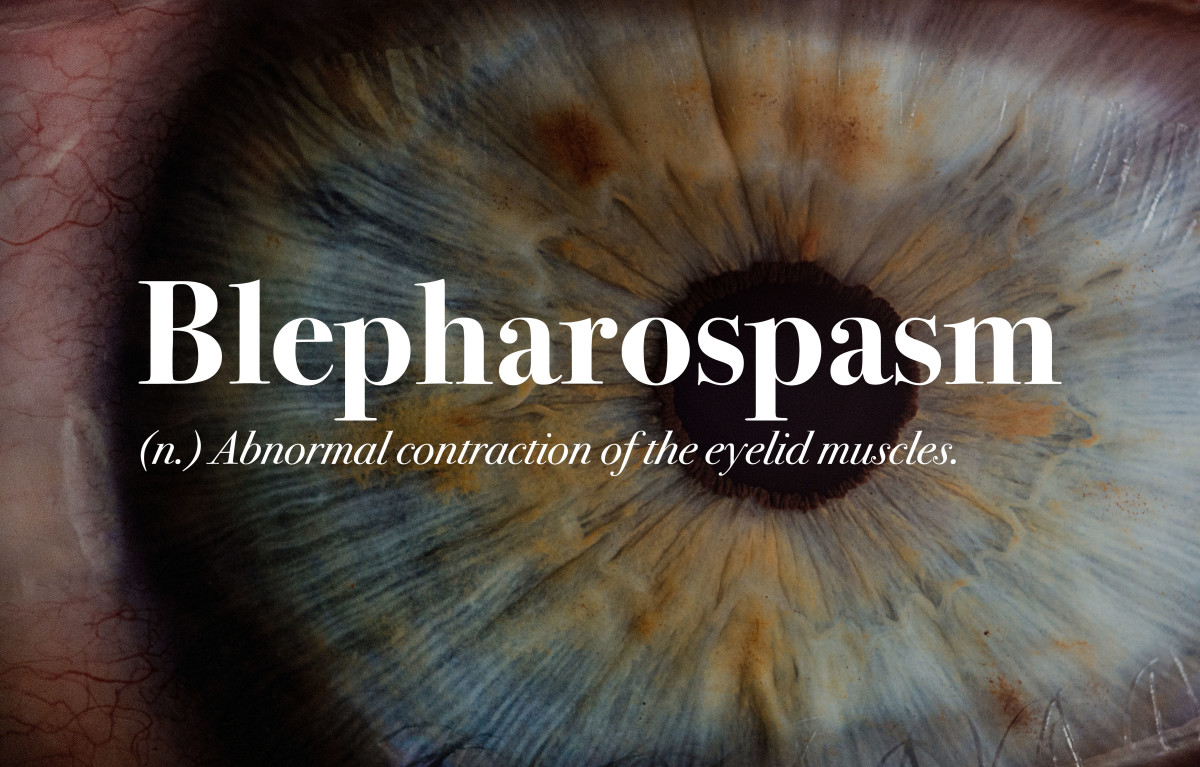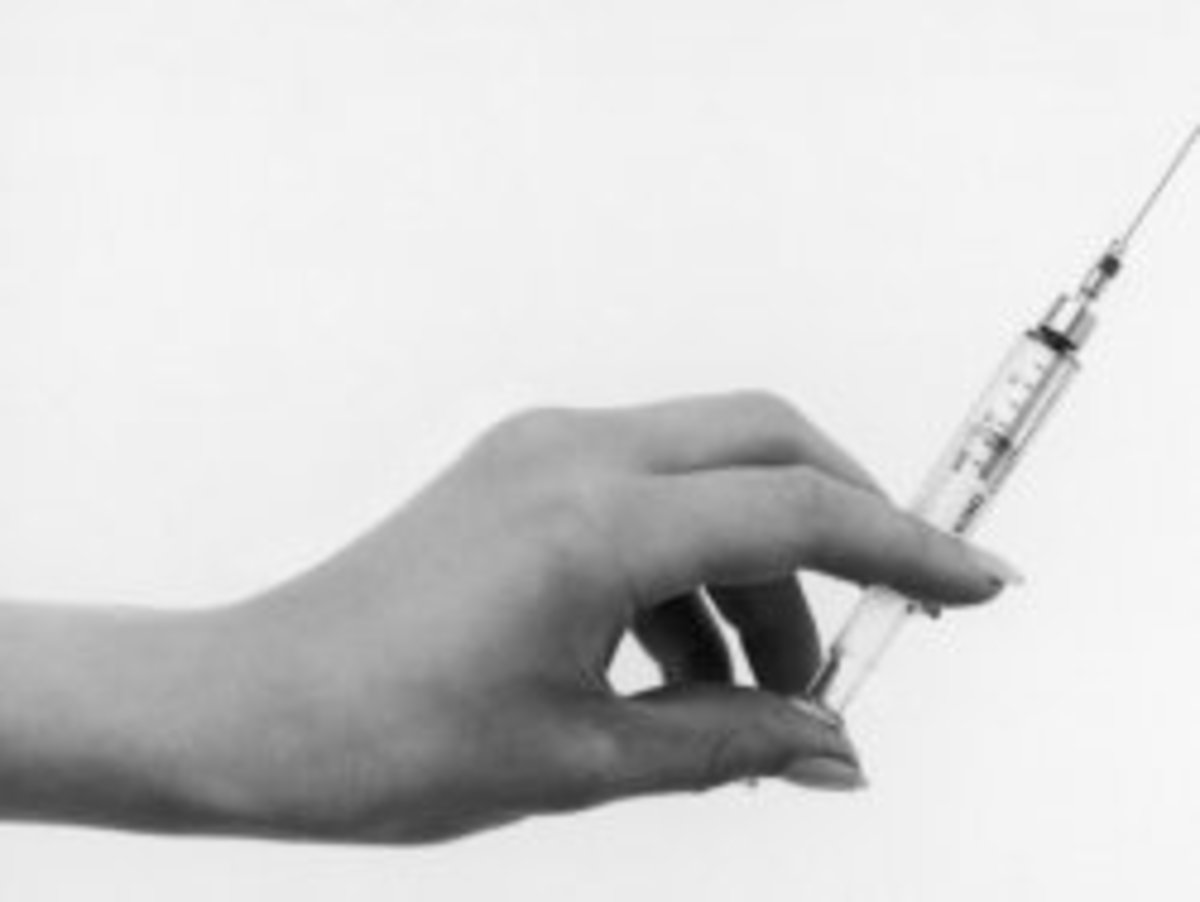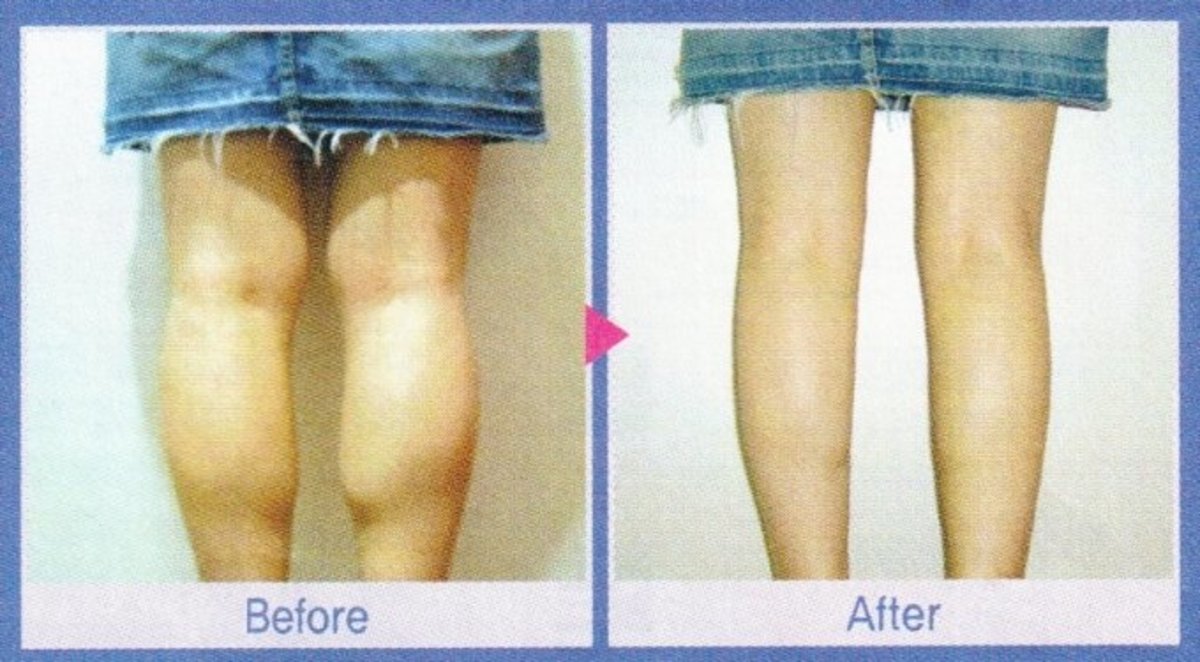Side Effects of Botox Cosmetic or Botulinum Toxin Injections
What is Botox? Botox also called botulinum toxin is a painless and non-surgical cosmetic treatment that is used to remove dynamic wrinkles of the face such as crow's feet, frown lines on the forehead and eyebrows. Most people confuse botox as being a cosmetic surgery option whereas this is not the case as botox is an injection of substance known as botulinum toxin and is totally painless and does not involve surgery so you can call botox as a cosmetic treatment option rather than a cosmetic surgery option. Now learn how doctors inject botox in patients. Botox cosmetic or botulinum toxin treatment involves injecting a dose in the wrinkled area inhibiting the release of nerve impulses therefore tightening up the skin. This botulinum toxin treatment is reversible and if you want to remain wrinkle free, you have to visit your botox specialist every 4 to 6 months’ time.
Side Effects of Botox: Though there are sometimes less or sometimes more side effects related to each and every procedure in the world of allopathic medicine and surgery, side effects of botox cosmetic injections are mostly derived from medical malpractice, which sometimes results in temporary or partial paralysis of facial muscles and drooping of eyelids. For this reason, use of botox cosmetic injections is contraindicated with the lower face and is only recommended for ages between 20 and 65. One more side effect of botulinum toxin is a small bruise at the site of injection which disappears quickly because Botox cosmetic is administered through tiny injections and that is why the most common side effects of Botox include bruising. These small bruises in places that are injected with botulinum toxin generally disappear within 10 or 12 days.

People undergoing Botox cosmetic injections must pay attention to the tips below:
1. Botox cosmetic substance (botulinum toxin) is not administered to women who are pregnant or breastfeeding to prevent adverse side effects.
2. Patients who suffer from neuromuscular disorders like muscular atrophies, myasthenia gravis, amyotrophic lateral sclerosis, etc. should consult their family physicians or neurologists before starting a botox therapy or botulinum toxin treatment because it can lead to cardiovascular problems in the future.
3. Depending on the organism used in botox cosmetic injections, it can cause headaches, flu-like symptoms, minor facial pains, and temporary drooping of the eyelids. If these symptoms persist beyond 10 or 12 days, the patient should consult his/her doctor.
4. Also, always remember that once you have decided to inject Botox cosmetic, tell about all types of allergic reactions you have had in your lifetime to any injections or medicines because some patients experience minor allergic reactions after administering botulinum toxin so it is for your safety that you tell about each and every side effect you have had in the patient with other therapies. Moreover, Botox doctors also perform preliminary examinations to detect an allergy or intolerance to the botulinum toxin injections.
Although it is interesting to note that a large number of people including popular celebrities have undergone botox cosmetic treatment in the past, but then also a lot of people who want to get benefits of botox injection to improve their overall look and appearance of the face and surrounding areas are doubtful about this procedure and why not they should be because there are many side effects of botox cosmetic therapy like bruising around the area injected with botulinum toxin and abnormal drooping of eyelids and partial and temporary facial paralysis so it is always better to ask your doctor before undergoing this procedure, that “Is Botox right for me?” or “Should I try botox injections for wrinkles or not?”
You can also visit my other hub, "an Illustrated guide to facial cosmetic surgery and botox injections for more details on this topic.








